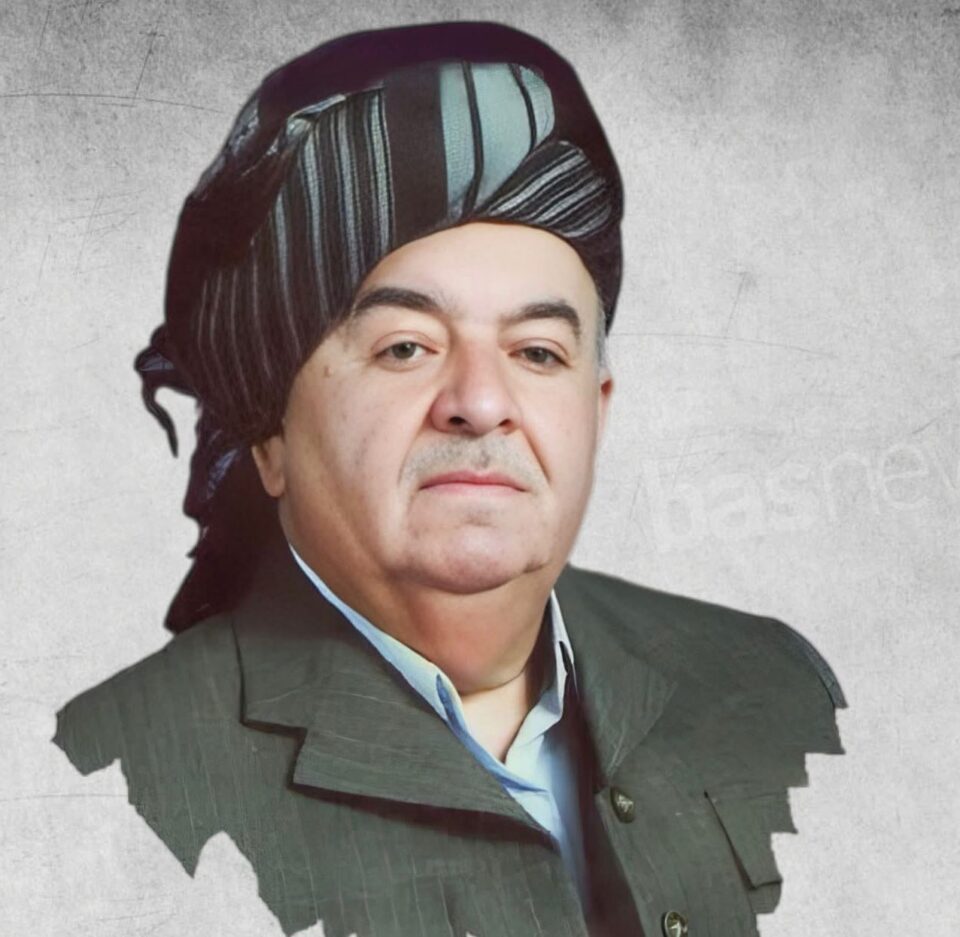Haji Maki
Haji Maki, born Mohammed Maki Abdullah Marouf in 1939 in Amedi, Duhok, remains one of Kurdistan’s most cherished artists. Known by his nicknames, Haji Maki and Aliya Fendi, his contributions to the cultural and artistic landscape of Southern Kurdistan have left a lasting impact.
Raised in Amedi due to his father’s work as a customs officer, Haji Maki faced financial hardships that prevented him from completing his education. He had two sisters and two brothers, and later became a father to a son and a daughter. Tragically, his son, who acted in the film Stepmother, Fear God, lost his life during the film’s production.
Haji Maki’s artistic journey began in 1953 when he first graced the stage in Kirkuk with the play Laughter Without Law. In 1958, he founded the Khabat Art Group, which operated in Erbil and Sulaymaniyah, marking the start of his prolific career. In 1960, he produced Nergiz is Kurdistan’s Bride, which premiered on October 5, 1991. The day became significant as it was dubbed Southern Kurdistan Cinema Day, the birth of Kurdish cinema.
Throughout his career, Haji Maki made significant contributions to Kurdish theater, including notable works like Stepmother, Fear God, Stay Within Your Means, and When the Cup is Full It Overflows. His vast artistic repertoire also extended to film, with his 1964 production about a cement factory being another highlight.
A key figure in over 120 artistic productions, Haji Maki’s influence and legacy endure within Kurdish culture. After battling kidney disease for three years, he passed away on December 18, 2015. His funeral took place the following day, with his body laid to rest at Seywan Hill in Sulaymaniyah, where his memory continues to inspire future generations.

